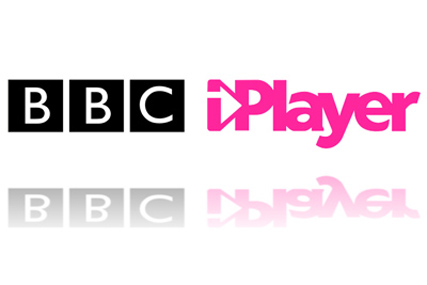
The review found that the iPlayer has performed in line with its usage expectations and effectively promoted 'niche' or less well-known programmes, while continuing to attract younger audiences.
The service, which operates under the tagline 'Catch up on the last 7 days of BBC TV & Radio' continues to break records for its TV and radio requests.
There are now in the region of 125 million requests each month across all platforms, which includes its service online and on Virgin Media TV.
On-demand makes up the majority of TV programme requests, with only 8% of requests made for live simulcast streams in March. In contrast, about two-thirds of requests for radio streams are for live programmes, as opposed to on-demand catch-up listening.
BBC trustee Diane Coyle said: "The response to our public consultation was large, and overwhelmingly positive, which clearly showed the value placed by audiences on the choice and convenience offered by the iPlayer.
"Reach and appreciation levels are high, with a third of all UK adults claiming to have used the iPlayer. Looking ahead, the BBC needs to ensure that it continues to meet the expectations of audiences."
In March, there were 84 million TV requests and 33 million radio requests. The most requested BBC iPlayer shows included Sport Relief 2010, Mock the Week and Wonders of the Solar System, all with more than 500,000 requests.
Other popular regular programmes to be requested via iPlayer include EastEnders (479,000). Friday Night with Jonathan Ross (364,000) and Top Gear Series 12 (276,000).
Among the most requested regular radio shows are 5 live's football coverage, The Chris Moyles Show and The Official Chart Show, commanding around 110,000, 75,000 and 70,000 requests respectively.
The profile of iPlayer users has evened out after a male bias at its launch, to an almost equal male/female split. It also attracts more under 55s than the traditional TV or radio listener profiles.
Today, the Trust has also launched a consultation on the proposed changes to its on-demand syndication policy and the BBC Executive's syndication guidelines, which will run for eight weeks.
It is recommended that future versions of the iPlayer should ensure a wide variety of content through exploring syndication possibilities, with the addition of more parental controls.
Coyle said: "The BBC has a duty to consider carefully the impact of its activities on the wider industry. We hope to learn more about what audiences and the industry think about on-demand syndication in the forthcoming consultation."



.jpg)


.jpg)